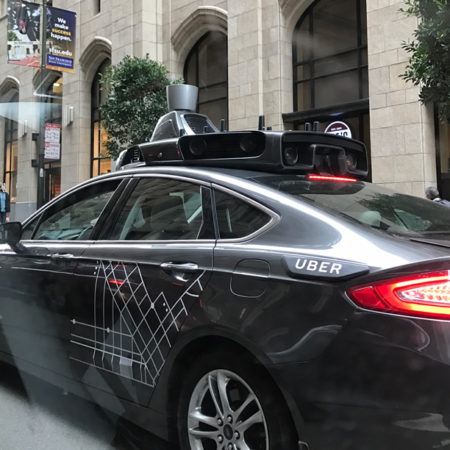“Quick, call an Uber. If we don’t make it to this business meeting then we’re toast!”
Since cab calling companies started less than a decade ago, businesses have been using them to their advantage. Whether it’s for punctuality to keep costs down, Uber and Lyft have been at the forefront of success. So, the idea that the apps should be banned is a little strange. Why stop employees using services that are helpful?
The answer is short and sweet – they aren’t anymore. For lots of firms, Uber and Lyft have become a hindrance more than a help and here are the reasons why.
Accidents/Injuries
Accidents are by no means uncommon. Anyone who remembers the chilling video of the woman being hit by a taxi is only too well aware. The problems are the driver restrictions. You can learn more at UberCarAccidentLaw.com but the gist is that workers can work 14 hours before taking a 6-hour break. If they don’t, they can’t go “live” again. Not only is fourteen hours a very long time to sit behind the wheel, but six hours isn’t enough to refresh. As a result, cars are crashing and employees are at risk. Losing them for months because of a tired driver is something bosses can avoid by shunning the application.
The 10% Fee
In 2014, Uber released a new version of its app that centered on businesses. As fortune.com points out, employees used to be able to charge fees to their employer or the client. The cost was zero, nil, zilch, zip, nothing, so it made sense for companies to take advantage. After all, the pros outweigh the cons. After changes were made, this service is no longer available. Sure, workers can still get the firm to pick up the tab but at the cost of 10% extra. Uber may be cheap, but an extra 10% adds up to a lot of money if there are, say, 100 employees in the office.
Constant Controversies
Let’s face facts – these companies aren’t perfect. No one expects them to be, yet there should be an element of responsibility. Uber, in particular, seems to shun their liability with shocking regularity. Think back a year and at least a dozen scandals will spring to mind, the biggest one being the ban in London. Aside from that, there are also wage issues as well as unlicensed workers. As well as employee safety, businesses have to consider their reputation. Being in bed with Uber isn’t a savvy play at this current time.
Data Breaches
Probably the worst controversy to hit the Silicon Valley company was the data breach. Not only was there a leak, but the people in charge decided to cover it up and not inform their customers. You can see more at reuters.com. After the Cambridge Analytica debacle, it’s obvious how dangerous this is for consumers. As a business, data means more to you than to the average Joe on the street. Therefore, banning the company may be the only option to ensure the firm’s sensitive info is secure.
On which side of the fence do you sit? Are you an Uber lover or a hater?
